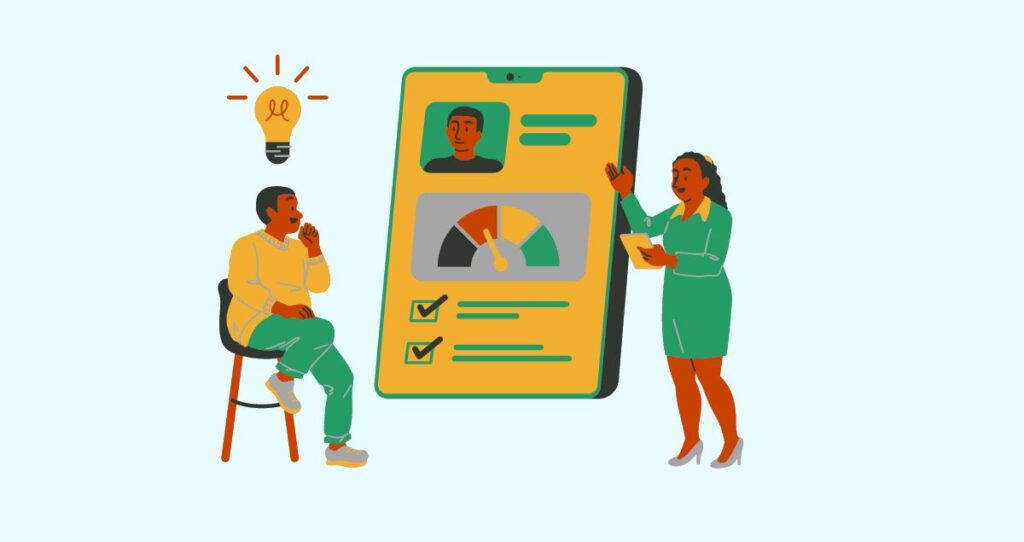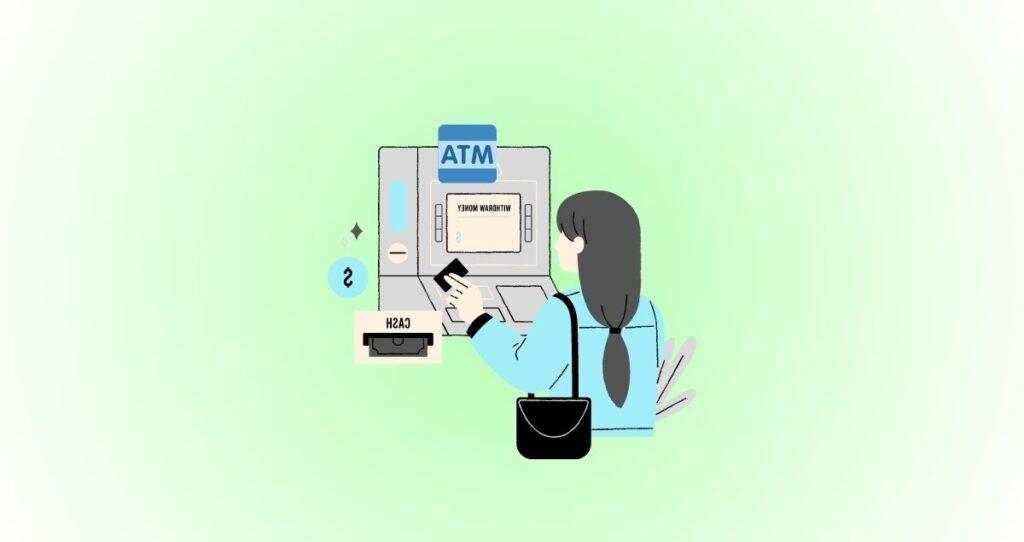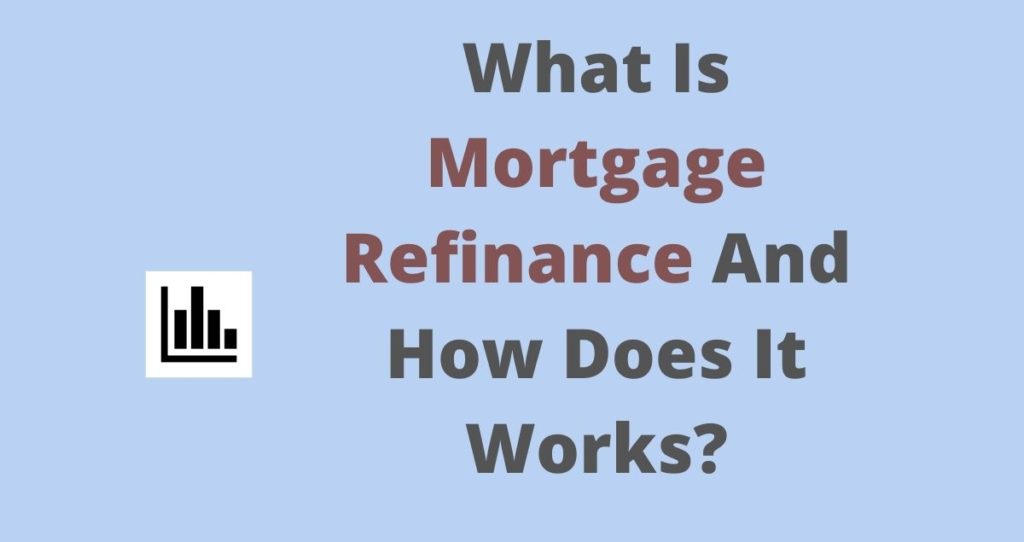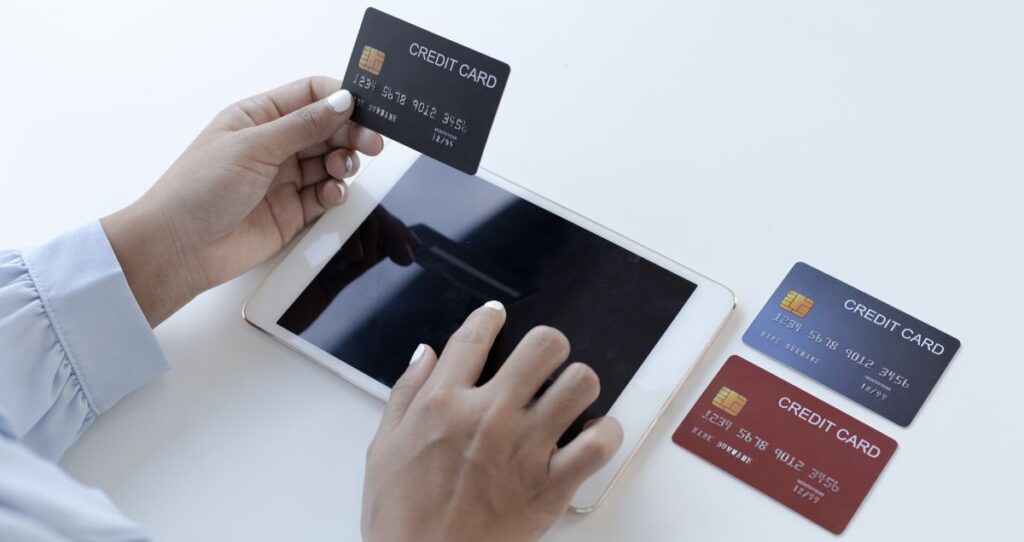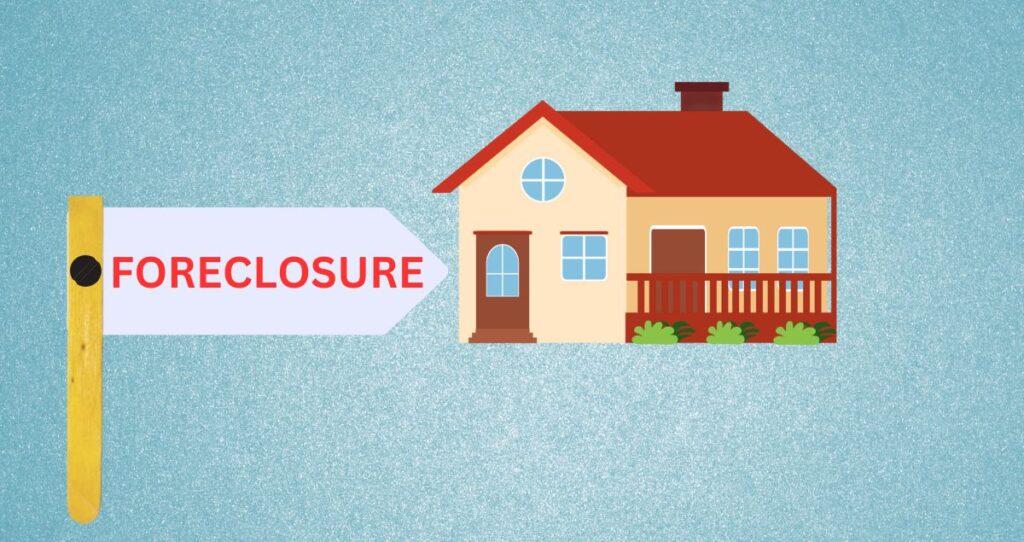Checking your credit score for free is relatively a simple process. Many people think that you have to pay to check your credit score. This is not necessarily true. Yes, there are websites that will charge you money for your credit reports and credit score information. But you don’t have to pay to check your credit score. Matter of fact, you can check your credit score and get free copies of your annual credit reports entirely for free. This article will show you exactly how you can achieve all this step-by-step and with examples.
How to check your credit score for free?
If you want to get your credit score for free, all you need is to find a provider that offers this service for free. Many people think that if they are not paying for their credit scores, what they are getting is not real. This is totally false. There are many third-party companies with free credit score information and all you need to do is create a profile to check your credit score.
But before you check your free credit score with a third-party website, first check with your current credit card issuer. Many credit card issuers offer information about your credit score. Here I mean your FICO score and Vantage score. If you have an account with your credit card issuer, the chances are you also have the option to view your free credit score inside your own online account.
Let’s use two different examples of my own credit accounts and show you how you can check your own score. The first credit card issuer I will go through is Discover. Since I have a discover credit card, I can also see my FICO score for free inside my account. If you have a different credit card issuer, check with them and see if they have free credit score options. Most large credit card issuers offer free credit score information.
How to check your free credit score with Discover?
I will first show you how to get a free credit score with Discover. This option will work if you have a Discover credit card. But the process should be the same if you have a credit card from a different provider.
- First head to Discover.com and login into your online account. Assuming that you have a credit card with Discover, you should also have an online account. If you have not created an account, please sign up and create one. If you have an account already, just sign in.

- Put in your username and password or sign up for a new account. Then login into your account.
- Inside your account, click on the Activity tab and then select FICO Credit Scorecard.

After clicking on FICO Credit Scorecard, you will be redirected to a page with your credit score details. You will also be able to see what is affecting your score the most, how your score compares to the rest of the people, etc.

You can easily see that my credit score is easily displayed here, and I did not pay money for this information. Even if your credit card was not issued by Discover, the process should be the same as long as your provider offers credit score information.
In the following example, we will explore how you can check your credit score for free if you have a CapitalOne credit card.
How to check your credit score for free when you have a CapitalOne Credit card?
Similar to Discover, I you want to check your credit score for free and you have a CapitalOne credit card, you will need to use the following steps. These steps will work only if you have a CapitalOne credit card.
- First, head to Capitalone.com and login in or create an account.

You will need a username and a password.
- After logging in, you should see information about your credit score when you scroll down the home page.

- Click on the See Your Score and More link to view your credit score information.

This credit score is a Vantage score which is different from the FICO score. Both credit scores are calculated using different scoring models and the information pulled from each credit report could be different. Hence, the difference between these credit scores.
The account will also show you what is hurting your credit score or how you have been doing. You should see information about the age of your credit, payment history, inquiries, etc.

As you can see from the above picture, my payment history is 100% which means that I have never missed a payment. The age of my credit is 7 years which is considered good. In addition, I don’t have a hard inquiry and have not opened a new account in the past 2 years.
What if you don’t have a Discover or CapitalOne credit card and your card issuer does not offer free credit score information? Well, you can still check your credit score for free using online third-party websites. The following section will cover ways to check your credit score for free when your card issuers do not offer free credit score information.
How to check your credit score for free using third-party websites online?
There are many online reputable websites that offer free credit scores. Since we cannot cover all of them, today we are going to concentrate on one website to get a free credit score.
This website is known as CreditKarma.com. All you need to do is to open an account on the website and you can always view your credit score for free anytime you want. The following is the process to open an account and check your credit score with credit karma.
How to check your free credit score with Credit Karma?
The following are steps you can use to check your credit score for free online using a third party. In our case, we are using Credit Karma. But the process should be similar to this Credit Karma if you are using a different website.
- Start by visiting a reputable website that provides free credit score information. Ensure that the website is secure and trustworthy. In this case, we are using creditkarma.com. If you have an account already, login in using your username and password.


- Create an account on the website by putting in the required information. You may need to provide some personal information such as your full name, address, and date of birth. This is for a new account. After signing up, you should be able to access your profile.

- Once your account is created, you will be able to view your credit score for free. You may also be able to access other tools and resources such as credit monitoring, identity theft protection, and more.

As you can see, the table above shows how my account has been performing. My payment history is great, with no hard inquiries, and no new accounts. The age of my credit is OK, but it will continue to improve as I use my credit accounts. The only thing that is weighing down my Vantage score is my credit utilization which is currently at 12%. Hence, justifying the 6 points drop from the previous months. The number of my credit accounts is also low, and they are not properly mixed.
- Be sure to keep your account secure and regularly update your personal information to keep your credit score accurate.
That is how you check your credit score for free.
Why are my credit scores different?
Millions of consumers get confused by the fact that they have different credit scores. As you can see my own credit scores are also different. This could be due to a number of reasons. Having different credit scores doesn’t mean one is more correct than the other. This is a big problem many people struggle with. They think that a lower credit score is less accurate or wrong. This is not true.
The reason why your credit scores may be different is due to the different scoring metrics used by the different credit bureaus (Equifax, TransUnion, Experian). Each credit bureau has its own set of criteria and algorithms to calculate a credit score, which can lead to different credit scores for each bureau.
Additionally, not all lenders report to all three bureaus, meaning some bureaus may not be getting updated information, and therefore, not accurately reflecting your current credit profile. In order to ensure all bureaus accurately reflect your current credit situation, it’s important to regularly check your credit reports and monitor your credit score.
Related: Why are my credit scores different?
How to get a free copy of your credit report?
Just like your credit score, you can get copies of your credit reports for free. Even if you have the money and are ready to pay, you don’t need to pay to get your credit reports.
Each credit reporting agency (Equifax, Experian, and TransUnion) is required to give you a copy of your credit report once in 12 months. All you have to do is head to https://www.annualcreditreport.com/index.action to get a free copy of your credit report. This is the only government-authorized website to offer free credit reports.
The website offers a three-step process where you complete a request form, choose the reports you want, and request or review your reports online. In case you need extra copies of your credit reports after using your free copy, you can purchase them from each bureau.
If you have chosen to get copies of your credit reports directly from each credit reporting bureau, follow the following steps.
- Start by researching the different credit reporting bureaus and their websites. There are three major credit reporting agencies: Experian, TransUnion, and Equifax. Each bureau might have a different process for obtaining your credit report.
- Research the legal requirements for receiving a free copy of your credit report. Depending on where you live, you may have the right to receive a free copy of your credit report once a year.
- Visit the website of your chosen credit reporting bureau and look for an option to request a free credit report.
- Register for a new account or log into your existing account.
- Follow the instructions on the website to enter your personal information and request your report.
- Once your request is processed, you should receive a copy of your credit report.
Will my credit score do down when I check it?
Another misconception about credit scores is that people think their credit scores will go down when they check them. This is not true.
No, your credit score will not go down when you check it. Checking your own credit report or score does not affect your credit score in any way. This is because when you check your own credit score, the activity results in a soft inquiry which does not affect your credit score. That is your intention for checking your credit score is for informational purposes.
This is different when your lender request to view your credit report information. For example, if you are applying for a car loan, your lender must check your credit profile to evaluate your creditworthiness. This activity will result in a hard inquiry on your credit report and will lower your credit score.
Does your credit score go down when you spend your own money?
Spending your own money does not lower your credit score. This is because your credit score has nothing to do with your income, how much you make, or how much you have in your bank account. Certainly, your credit score has nothing to do with how much of your own income you spend on things you want or need in life.
Your credit score is solely based on your credit account activities. In other words, your credit score is calculated based on credit accounts you have such as credit cards, personal loans, mortgages, car loans, student loans, etc. Any activity on these accounts gets recorded and reported to major credit reporting agencies. The same activities appear on your credit reports and are used to calculate your credit score.
For example, if you use your credit cards to buy a lot of stuff, this will increase your credit utilization. As your credit utilization goes higher, your credit score will go down. Why because your credit limit is not your own money. It is the money you are borrowing from your credit card issuers. In order words, the line of credit extended to you is a loan that must be paid with interest when applicable. For this reason, the more you spend on your credit accounts such as credit cards, the higher the risk of accumulating debt. Hence, lowering your credit score.
But, if you take money out of your own bank account and spend it, your credit score will not be affected. The money in your savings account or checking account has nothing to do with your credit score. In addition, your bank account balance or activities in your bank accounts do not get reported to credit bureaus. Anything that is not reported on your credit reports does not affect your credit score.
What affects my credit score?
Now that you know how to check your credit score for free. Let’s see the factors that affect your credit score. There are a few factors that affect your credit score which is listed below.
- Payment history. Your payment history is the biggest factor in your credit score. Both Vantage Score and FICO score apply more weight to your payment history with 40% and 35% respectively. If you cannot pay back the money you have borrowed, you are automatically a risky borrower. That is the bottom line in the lending industry.
- Credit utilization. Your credit utilization measures how much you have spent compared to your available credit limit. For example, if you have a credit card with a $1,000 credit limit and have spent $500 of that limit, your credit utilization will be 50%. A higher credit utilization rate shows that you are relying on debt to cover your expenses or support your lifestyle. This in turn makes you a risky borrower. Credit utilization affects 30% of your FICO score and 20% of your Vantage Score calculations.
- Age of your credit. How long you have been a credit user and all activities with your accounts make up your credit history. The longer you have been using credit and behaving properly, the better. The age of your credit affects 15% of your FICO score calculation. The Vantage score combines the age of your credit and credit mix which count for 21% of your score.
- Hard Inquiry (new account activities). When you apply for a loan or other form of credit account such as a credit card, the lender request to view your credit report. This activity results in a hard inquiry on your credit report. Each hard inquiry lowers our credit score by 5-6 points. In some cases, your score can go lower by as much as 10 points. In some instances, the impact of hard inquiry on your score will be minimal. A hard inquiry will stay on your credit report for 24 months, but it will not affect your score after 12 months. Hard inquiry affects 10% of your FICO score and 6% of your Vantage score.
- Credit mix. This is the mixture of different accounts you have which include revolving credit accounts such as credit cards and installment accounts such as car loans, mortgages, etc. A good mixture should have a combination of both types of credit accounts (revolving and installment accounts). The Credit mix affects 10% of your FICO score.
- Total debt/total credit balance (11%). The Vantage score considers the amount of debt you have on your credit accounts.
- Available credit (3%). The last factor on your Vantage score is the total credit available on your accounts which accounts for 3% of your Vantage score calculation.
Related: What is a VantageScore and how does it work?
Why did my credit score go down?
Your credit score likely went down due to a decline in creditworthiness. This can be caused by a number of factors such as late payments, having a high amount of debt, registering for too many forms of credit, or having a high credit utilization ratio. By understanding why your credit score decreased, you can take steps to repair it and prevent it from decreasing further in the future.
